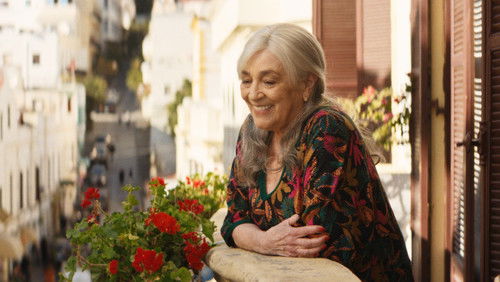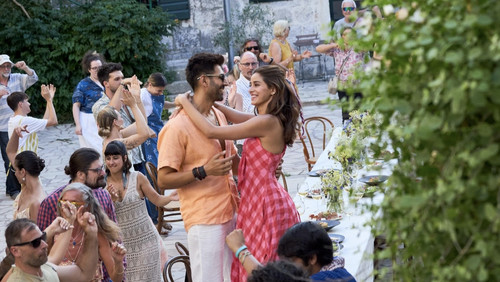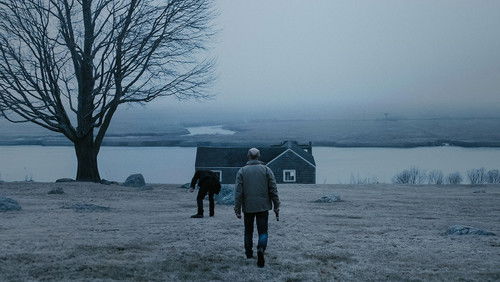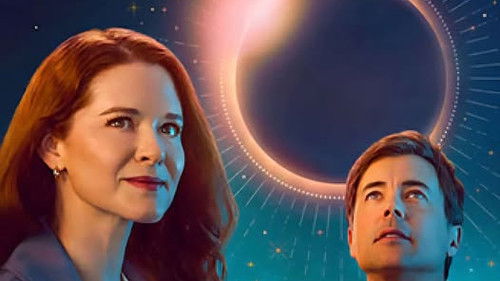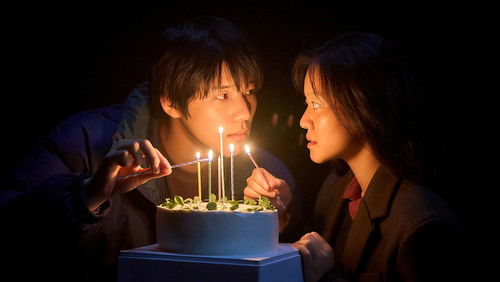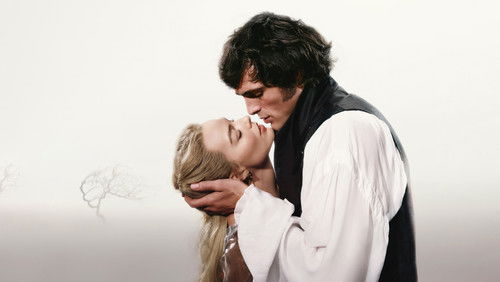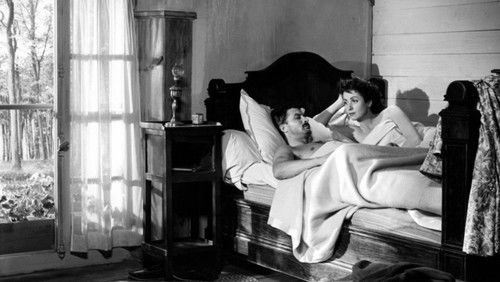Summer Stock (1950)
6KSummer Stock: Directed by Charles Walters. With Judy Garland, Gene Kelly, Eddie Bracken, Gloria DeHaven. A small-town farmer, down on her luck, finds her homestead invaded by a theatrical troupe invited to stay by her ne’er-do-well sister.
“In the canon of MGM musicals of the Golden Age, u0026quot;Summer Stocku0026quot; is an overlooked and underrated pleasure. As relaxed as a summer day spent on a farm like the one in the film, this soft shoe of a musical doesnu0026#39;t aim for greatness, though it very nearly reaches it on one or two occasions. Filmed in sunny, bandbox Technicolor, the films opens on Judy Garland singing in her morning shower. She is Jane Falbury, the mistress of a New England farm going to seed. Sassy Marjorie Main is the maid and cook, pretty Gloria DeHaven is her irresponsible sister who has run off to New York to become an actress, and Eddie Bracken is Garlandu0026#39;s hopelessly inept fiancee, manager of the local general store. Garlandu0026#39;s wry way with a comic line is richly evident in this film, as she trys to deal with one exasperating annoyance after another. She is in superb singing voice, and most charming when she holds one long, belting note to the very end and then, looking into the camera, nearly collapses with mock-exhaustion. Into this bucolic chaos lands handsome Gene Kelly and his troupe of Broadway gypsies, promised by DeHaven that they can use her sisteru0026#39;s barn for a summer stock production of Kellyu0026#39;s new musical. With sarcastic assist by Phil Silvers, Kelly sets about convincing a skeptical Garland that one hand can wash the other: if she consents to the barn being used as a theatre, the troupe will help save her foundering farm by performing the daily chores and harvest planting. Of course, all manner of of mishap and misunderstanding ensue; happily, none of them stand in the way of Garland and Kelly performing a handful of enjoyable numbers. After Astaire and Rogers, Garland and Kelly were surely filmdomu0026#39;s most sublime song and dance duo, and they perform one dance here, a jazzed-up u0026quot;Portland Fancyu0026quot;, which nearly stops the show. Apart from their duets, they shine in solo numbers which are manna to fans of great talent. Both stars ascended greater cinematic heights after this film, Kelly in u0026quot;Singin In The Rainu0026quot; and Garland at Warner Bros. for u0026quot;A Star Is Bornu0026quot;, but here in this simple tale are found some of the most compelling examples of their style and grace: Garland singing the yearning u0026quot;Friendly Staru0026quot; in the summer moonlight, Kelly whistling u0026quot;You Wonderful Youu0026quot; on a lonely stage with a discarded newspaper as his partner. But finally, the highlight of the film is to be had by Garland in the big finale at the end. Having been cajoled into joining the troupe for their pre-Broadway opening in her barn, Garland and a phalanx of chorus boys jump off the screen with the Harold Arlen standard u0026quot;Get Happyu0026quot;. Heralded by the blare of the MGM Studio Orchestra brass section, Garland steps out from behind the black-suited line of men wearing only a tuxedo jacket, black pumps, and a manu0026#39;s hat set rakishly atop her head. Looking chic and sexy, dancing with the boys, she makes the Arlen chestnut her own, and uses her considerable show biz muscle to pull down one of the most memorable performances in musical history. Garlandu0026#39;s electrifying number dominates the filmu0026#39;s reputation, and deservedly so. It is for one to still marvel how this diminutive, talented actress could, for five or so minutes, turn a breezy, unambitious musical into a great one.”
